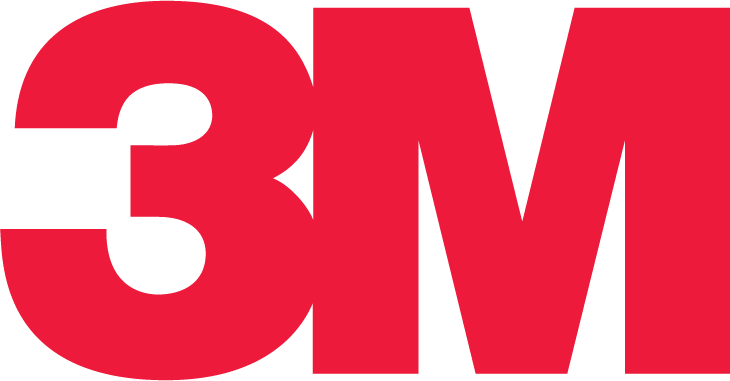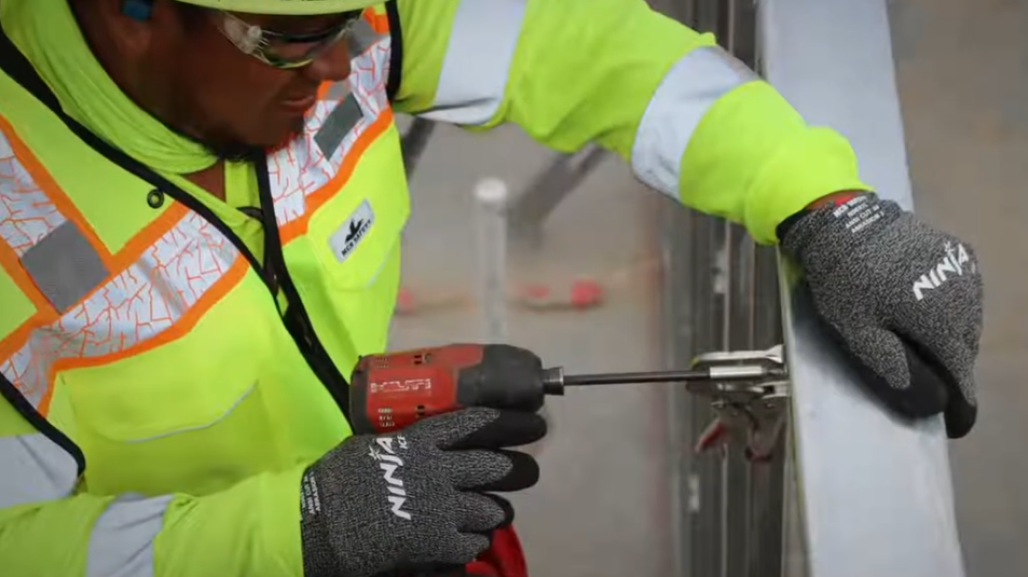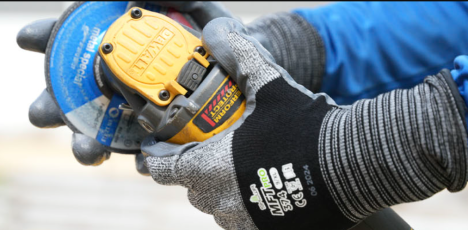Why do Disposable Respirators Have a Defined Shelf Life?
Curious about why respirators expire? Here’s what you can do to make sure your respirator inventory stays up to date and ready to go.
Curious about why respirators expire? Here’s what you can do to make sure your respirator inventory stays up to date and ready to go.
If you’re responsible for managing inventories of personal protection equipment, you should be aware that most disposable respirators – used to protect wearers against particulate airborne hazards – have a limited shelf life, after which they should no longer be used.
But what does it mean for a respirator to “expire?” Let’s find out.
Disposable respirators can help reduce exposures to potentially harmful substances, such as various particulate hazards. The specially designed filter media traps particulates that pass through when the wearer inhales air. A good fit on the face is critical, since a proper seal helps keep outside air from leaking around the edges of the respirator.
The longer a respirator has been in storage, the less likely it is to perform at its full potential. Over time, components such as the strap and nosefoam may degrade, which can affect the quality of the fit and seal. Additionally, expired respirators may potentially no longer meet the certification guidelines set by the National Institute for Occupational Safety and Health (NIOSH).
In order to help keep performance at the expected level, 3M has set shelf life guidelines for most of its disposable respirators. Expiration dates vary according to respirator type, filter media, other materials used in construction, and date of manufacture. On 3M disposable respirators, shelf life information can usually be found on the side or bottom of the packaging. An hourglass icon will be nearby to help you identify the expiration date, which is different from the “factory” icon near the date of manufacture.
For more information on disposbale respiratiors from 3M, visit MSCDirect.com.
Storage conditions are a key factor for shelf life too. In the United States, per 29 CFR 1910.134, OSHA has required that respirators be stored in the original packaging and away from contaminated areas, dust, sunlight, extreme temperatures, excessive moisture and damaging chemicals. Canada’s CSA Standard Z94.4 has a similar requirement.
Here are a few steps you should take for proper storage:
Always store respirators in their original packaging
Keep respirators away from contaminated areas, dust, sunlight, extreme temperatures, excessive moisture and damaging chemicals
Implement good inventory management practices, including stock rotation
Now that you understand why respirators expire, and how to maintain your stockpile, you may also be interested in alternatives for what to do with your inventory once it has expired. Rather than disposing of your expired respirators in a landfill – there are other options to help you dispose of them in an environmentally sustainable and cost-effective way.
Expired/aging product can be recycled into new plastic products. For instance, through Deltco Plastics, there is no charge for this service (customers do pay shipping charges). Contact Deltco or your recycling provider to confirm eligible products, quantities and fees (if any).
In this option, disposed products are used as fuel for power generation. Contact an independent provider, such as Covanta Environmental Solutions or LJP Enterprises, to verify that your products are eligible. Contact a facility close to you. For your convenience, a list of facilities from CES and LJP is listed in this document. Shipping and disposal costs are typically the responsibility of the stockpile owner.
Aging product with at least 12 months of shelf life remaining can be put in the hands of groups in need. 3M can help you identify donation options for your N95 stockpile. This solution may also allow your organization to receive a tax credit.
In order to help hospitals, emergency preparedness agencies, and business continuity managers achieve their sustainability and cost management goals, 3M created the 3M™ Disposable Respirator Stockpile Maintenance Program. It offers you several sustainable, convenient and cost-effective options for disposing of your aging and expired stockpiles of 3M™ N95 Respirators.
MSC can partner with you to help you find organizations that can recycle or donate your outdated respirators. MSC can also help plan a purchase schedule that can help you save money and reduce waste.
Previously featured on 3M.
When it comes to fabricating, assembling or processing anything around the world, 3M knows efficiency is key. From ultra-strong abrasives that keep processes running smoothly, to futuristic materials that literally lighten your workload. 3M innovative solutions keep your business and your employees working smoothly with innovative industry leading solutions in abrasives, PPE and facilities safety solutions and adhesives and tapes.


![Why the Cheapest Safety Gloves Aren’t Always the Smartest [Infographic]](https://images.ctfassets.net/5j4ln2up7bt7/2gVEyRZylkBIlvTDtTRRc7/dde0c00e4846d6a88d56a7a68f09332a/mcr-PD5931_action4571-thumb.jpg)


